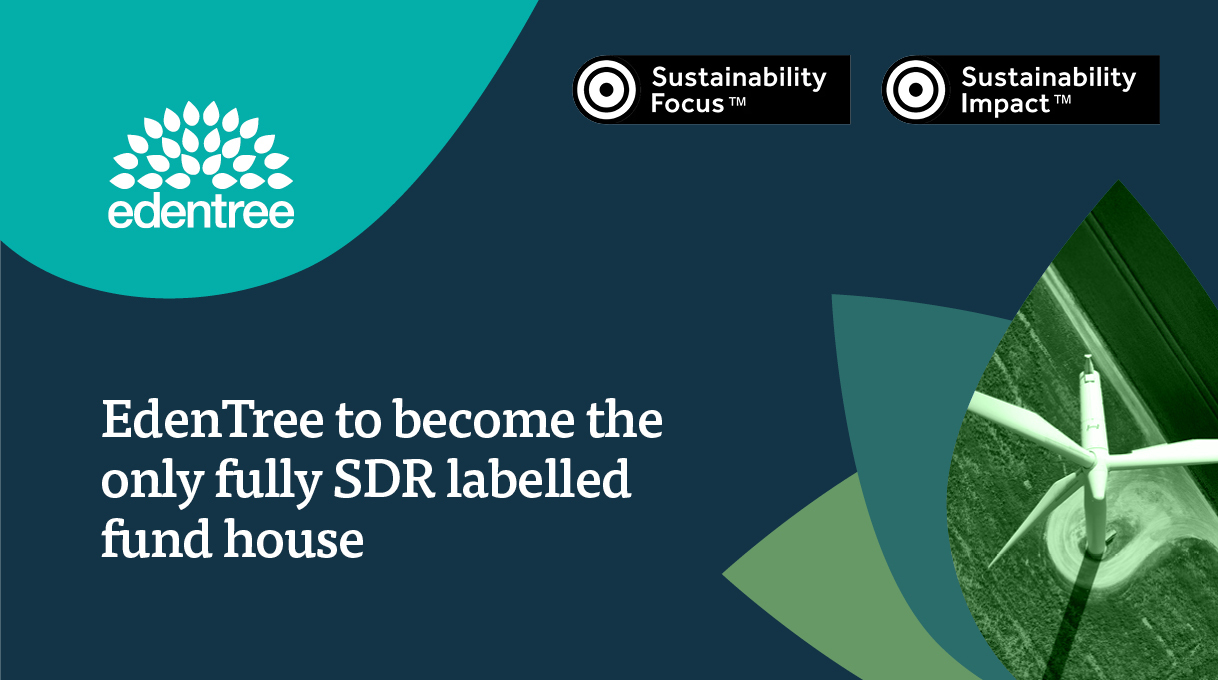Chemicals are inseparable from modern life and the global economy. 95% of all manufactured goods rely on some sort of chemical process, and they are critical inputs for many industries including pharmaceuticals, construction, and agriculture to name a few. Despite the critical role they play in society, the chemical sector is exposed to growing ESG risk particularly in relation to water stress.
Water stress is one of our key engagement themes over the next few years. Water, either through abundance or scarcity is the primary way that climate change will be felt over the next decade. Water stress both through the quantity or quality of water poses a material financial risk for industries heavily reliant on freshwater supplies for manufacturing and operations – such as the chemical sector. Chemical manufacturing also faces elevated risk of water pollution, due to the potential discharge of contaminated water and the manufacture of hazardous chemicals which may end up in waterways.
Chemical pollution is now one of the five key drivers of marine pollution, and hazardous and persistent chemicals have been linked to cancers and immune issues in both humans and animals1 . Forever chemicals have been found in the ice caps and a staggering 97% of sampled human blood, due to chemicals leaking into waterways, rivers, oceans and into drinking water2 . The public are becoming more cognisant of the risks associated with per- and Polyfluorinated Substances (PFAS) or forever chemicals, especially as governments and regulators are starting to legislate and as freshwater moves higher up the political agenda3 . Indeed, chemical manufacturers in the US are already facing significant litigation related to their alleged role in water pollution from hazardous forever chemicals4.
To ensure that the chemicals which make modern life possible are not over abstracting water supplies or affecting human and environmental health, chemical companies must ensure the chemicals they manufacture, and the way in which they do this, is sustainable.
This is why we have launched a three-year thematic engagement with our chemical company holdings to drive best practice on water stewardship and hazardous chemicals. We have undertaken a gap analysis, identifying areas of elevated risk with regards to water stress and hazardous chemicals, and have set provisional targets for each company. There are nine companies on our initial target list, and we are encouraging water stewardship through disclosures, site specific management of withdrawals and pollution, ambition on target setting and board oversight of key water-related risks. Where relevant, we are encouraging transparency and phase-out of hazardous chemicals, and research into alternatives. We have partnered with the Investor Initiative on Hazardous Chemicals to leverage the weight of the coalition and further our impact on this important topic.
Mitigating downside risk is only part of the equation – in addition to the work above, we are also looking to engage with companies providing opportunities on forever chemical removal and clean up. Forever chemicals are aptly named given their long chain structure prevents them degrading, and given their prevalence found in the environment there are significant opportunities available for companies which provide effective clean up solutions. As the legislative landscape evolves, solutions create substantial long-term business opportunities.
The views contained herein are not to be taken as advice or recommendation to buy or sell any investment or interest. Please note that the value of an investment and the income from it can fall as well as rise as a result of market and currency fluctuations, you may not get back the amount originally invested. Past performance is not necessarily a guide to future returns. EdenTree Investment Management Limited is authorised and regulated by the Financial Conduct Authority and is a member of the Investment Association. Firm Reference Number 527473.
Sources
- Ocean pollution and marine debris | Types of marine pollution | Ocean emergency | Marine Conservation Society (mcsuk.org)
- Researchers find evidence of ‘forever chemicals’ in blood of pregnant women | PFAS | The Guardian
- Biden-Harris Administration Finalizes First-Ever National Drinking Water Standard to Protect 100M People from PFAS Pollution | US EPA
- DuPont $1.18 Billion PFAS Settlement Gets Final Court Approval (bloomberglaw.com)





